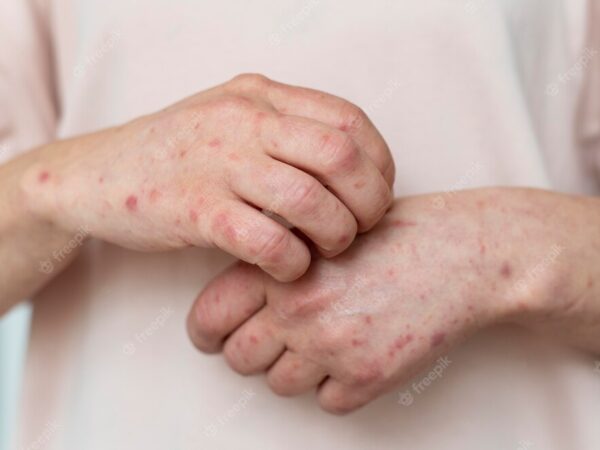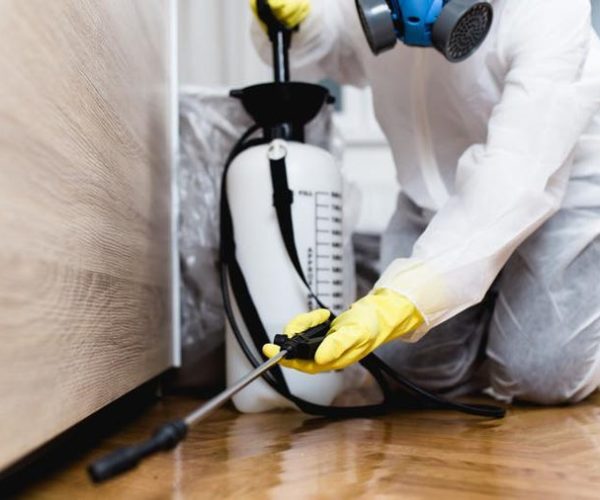In the United States, about 26 million people are struggling with asthma. That is equivalent to 1 in every 13 people. Black American adults are more prone to the disease than others. In most cases, people with asthma also have allergies. That is because some allergies, like pollen and animal allergens, cause allergic asthma. Dealing with both asthma and allergies can make life a constant struggle. The good news is that asthma and allergies are treatable. Thus, you should consult Duluth GA allergy and asthma specialists.
Here is what you need to know about asthma and allergies.
How do asthma and allergies affect the body?
Asthma affects your airways, which are the tubes that carry air in and out of the lungs. You are likely to have flare-ups or asthma attacks, characterized by airways becoming inflamed, swelling, and narrowing. This makes it difficult to breathe. On the other hand, allergies result from the immune system reacting to otherwise harmless substances such as pollen or pet dander. The immune response may cause various symptoms, including sneezing, runny nose, and itchy eyes.
Below are the symptoms of asthma:
- Coughing
- Shortness of breath
- Wheezing (a whistling sound while breathing)
- Trouble sleeping because of coughing or wheezing
What are the causes of allergic asthma?
- Tobacco smoke
Tobacco smoke is the most common cause of asthma and allergies in children. Second-hand smoke from tobacco is a major trigger for asthma, especially in infants and young children. Smoking can also make existing allergies worse.
- Pollens
Pollen is an airborne plant material that causes hay fever and other allergic reactions in many exposed people. Pollen seasons vary by region, but they generally occur during spring or fall when trees and grasses release pollen into the air. For some people with allergies, pollen causes their symptoms to get worse year-round.
- Dust mites
Dust mites are tiny insects found in dust and bedding that feed on dead skin cells shed by humans while they sleep at night. These mites are most active at night and can cause allergic reactions such as sneezing, congestion, skin rashes, and eye irritation when they come into contact with your body. Common household items like pillows, mattresses, and upholstered furniture can harbor dust mites if not properly cleaned or maintained regularly.
What is the best treatment for allergies and asthma?
When it comes to asthma, the main goal is to stop an attack before it happens or at least control it when it does happen. Asthma drugs can help by opening up your airways so you can breathe more easily.
These medications also reduce inflammation in your airways. When you have an attack, you may need a quick-relief inhaler to open up your airways until you can return home and take your daily maintenance medicine.
Allergy symptoms can be treated with allergy shots (immunotherapy) or over-the-counter medications like antihistamines and nasal sprays. If these treatments aren’t effective, your doctor might recommend a prescription corticosteroid cream or oral medication.
Knowing how to manage asthma is crucial so that it doesn’t interfere with your ability to live an active life. If you are struggling with allergic asthma, contact Allergy and Asthma Institute, LLC specialist for asthma and allergy treatment.




